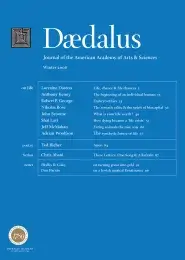Embryo ethics
If we were to contemplate killing mentally handicapped infants to obtain transplantable organs, no one would characterize the controversy that would erupt as a debate about organ transplantation. The dispute would be about the ethics of killing handicapped children to harvest their vital organs. We could not resolve the issue by considering how many gravely ill people we could save by extracting a heart, two kidneys, a liver, etc., from each mentally handicapped child. Instead, we would have to answer this question: is it right to relegate a certain class of human beings–the handicapped–to the status of objects that can be killed and dissected to benefit others?
By the same token, strictly speaking ours is not a debate about stem cell research. No one would object to the use of pluripotent stem cells in biomedical research or therapy if they could be obtained from non-embryonic sources, or if they could be acquired by using embryos lost in miscarriages.1 The point of controversy is the ethics of deliberately destroying human embryos to produce stem cells. The threshold question is whether it is right to kill members of a certain class of humans–those in the embryonic stage of development–to benefit others.
Supporters of embryo-destructive research insist, however, that human embryos are not human beings–or if they are human beings, that they are not yet ‘persons.’ It is therefore morally acceptable, they say, to ‘disaggregate’ them for the sake of research aimed at finding cures or treatments for juvenile diabetes and other horrible afflictions.
At the heart of the debate over embryo-destructive research, then, are two questions: is a human embryo a human being, and, if so, what is owed to an embryonic human as a matter of justice?
. . .
